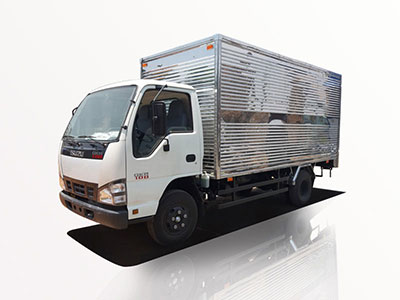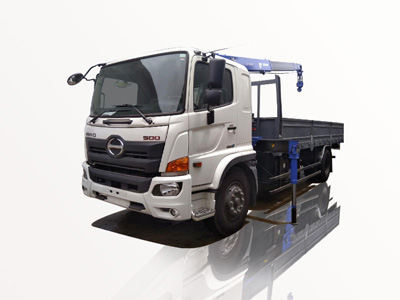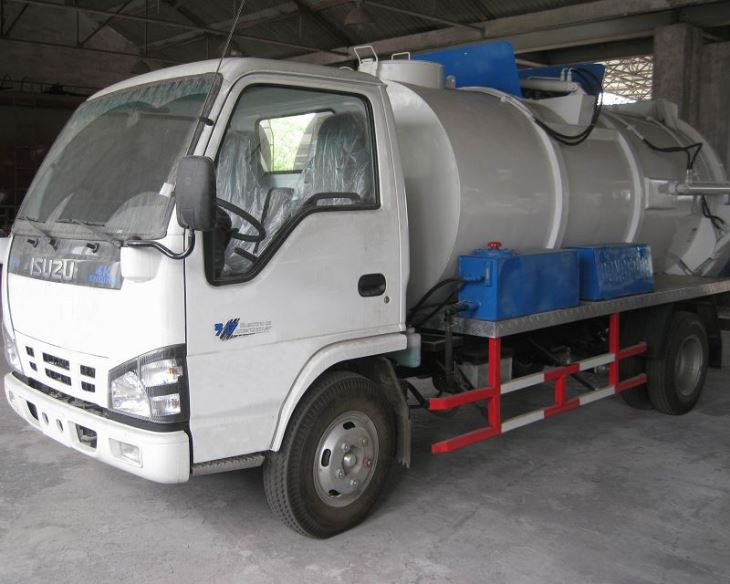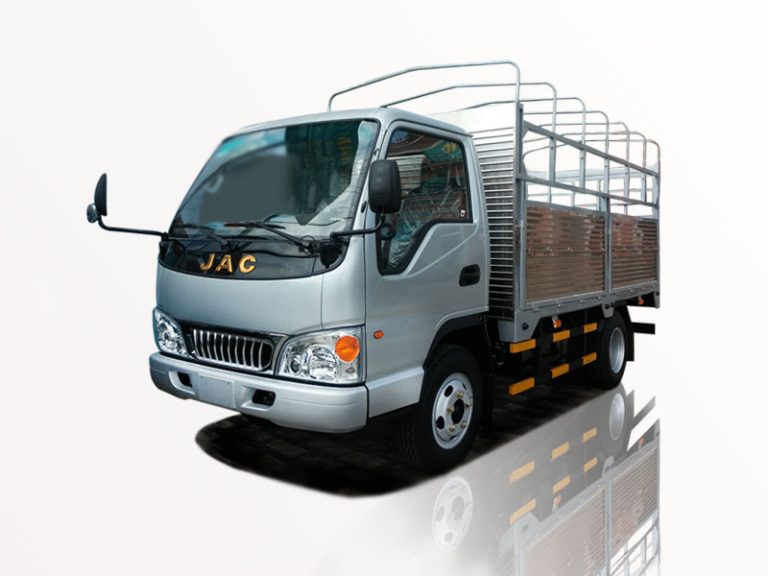Introduction
The super vac truck is an industry-leading vacuum truck designed for heavy-duty waste removal and cleaning applications. Known for its powerful suction capabilities, versatile uses, and efficient operation, the super vac truck has become an essential tool in various industries, including construction, municipal services, and environmental maintenance. This article delves into every aspect of the super vac truck, from its components to its uses, benefits, and maintenance tips. Whether you are considering purchasing one or simply want to understand its functionality better, this comprehensive guide will equip you with valuable insights.
What is a Super Vac Truck?
A super vac truck, often referred to as a vacuum truck, utilizes a high-powered vacuum system to remove liquid and solid waste from various locations. These trucks come equipped with substantial storage tanks that can hold significant volumes of material, making them suitable for a variety of tasks—from cleaning septic tanks and structure cleanouts to industrial site cleanup.
Components of a Super Vac Truck
Understanding the components of a super vac truck is essential for comprehending its operational capabilities. The primary parts include:
- Vacuum System: This is the heart of the truck, featuring a high-capacity vacuum pump that generates powerful suction.
- Cargo Tank: Super vac trucks are equipped with large tanks, often ranging from 1,500 to 3,000 gallons, which store the collected materials.
- Hoses and Nozzles: Flexible hoses and various nozzles are used to reach different areas, ensuring efficient material removal.
- Control Systems: Control panels help operators monitor and regulate the vacuum system’s performance.
- Chassis: The truck’s chassis is built for heavy-duty performance, ensuring it can handle rough terrains and heavy loads.
- Filters: Safety and efficiency are secured through filters that keep contaminants from re-entering the air.
Types of Super Vac Trucks
Different types of super vac trucks are tailored to specific applications. The major types include:
1. Standard Vacuum Trucks
These trucks are designed for general industrial cleaning and waste collection, performing tasks like wet/dry vacuuming and tank cleaning.
2. Combination Trucks
Equipped with both vacuum and jetting capabilities, combination trucks are ideal for cleaning clogged sewer lines and maintaining drainage systems.
3. Liquid Waste Trucks
Specifically designed for transporting liquids, including sewage and hazardous waste, these trucks ensure compliance with environmental regulations.
Key Benefits of Using a Super Vac Truck
The super vac truck offers numerous advantages that make it invaluable in various sectors:
- Efficiency: The powerful suction and high capacity allow for rapid and thorough material removal.
- Versatility: These trucks can handle diverse tasks across multiple industries, significantly broadening their application potential.
- Cost-Effective: By consolidating tasks into a single operation, super vac trucks can reduce labor costs and operation time.
- Safety: Efficient waste removal minimizes risks associated with waste buildup, thereby enhancing workplace safety.
Applications of a Super Vac Truck
Super vac trucks are used in various contexts, reflecting their versatility. Some key applications include:
1. Construction Sites
During construction, super vac trucks clear debris and manage hazardous liquids. Their efficient operation speeds up the cleanup process, allowing projects to stay on schedule.
2. Municipal Services
Municipalities use super vac trucks for street cleaning, sewer maintenance, and storm drain cleaning, ensuring effective waste management and public safety.
3. Industrial Sites
Industries often require high-capacity vacuuming for cleaning tanks, pits, and other equipment. Super vac trucks provide an efficient solution for industrial waste management.
4. Environmental Clean-Up
In the aftermath of spills or hazardous material incidents, super vac trucks are pivotal for conducting swift cleanup operations, restoring safety to affected areas.
5. Septic Tank Services
Companies engaged in septic tank maintenance utilize super vac trucks for waste removal, ensuring efficient and sanitary service delivery.
Factors to Consider When Choosing a Super Vac Truck
Investing in a super vac truck requires careful consideration. The following factors are essential when making a purchase:
1. Capacity
Evaluate the size of the cargo tank that will best suit your needs. This often depends on the types of jobs you plan to undertake.
2. Pumping Power
Look for trucks equipped with high-efficiency vacuum pumps to ensure that they can handle different types of waste effectively.
3. Build Quality
Ensure that the truck’s chassis and components are built to withstand heavy usage and harsh operating conditions, enhancing durability.
4. Versatility
Some trucks offer additional features, such as combination functionalities for pressure washing or jetting, adding value to your investment.
5. Manufacturer Reputation
Consider reputable manufacturers to ensure you receive a high-quality product with good customer support and warranty terms.
Maintenance Tips for Super Vac Trucks
Regular maintenance is crucial for optimal performance and longevity of your super vac truck. Here are several maintenance tips:
1. Routine Inspections
Conduct regular inspections of the vacuum system, hose connections, and cargo tank to prevent issues before they arise.
2. Cleaning the Tank
After each job, ensure the cargo tank is properly cleaned to prevent any residual waste accumulation that could lead to odors or contamination.
3. Pump Maintenance
Follow the manufacturer’s guidelines for maintaining the vacuum pump and replace any worn or damaged components promptly.
4. Fluid Checks
Regularly check and replace hydraulic fluids, oil, and filters to maintain efficient operation.
Practical Examples and Tips for Effective Super Vac Truck Use
1. Using the Right Nozzle
Utilizing the appropriate nozzle for each job can significantly enhance performance. For example, using a wider nozzle may be more efficient for bulk material removal, while a slim nozzle may be better for tight spaces.
2. Utilize GPS Tracking
Implement GPS tracking systems in your super vac truck to optimize routes, save fuel, and improve operational efficiency during waste collection.
3. Train Personnel
Ensure that operators are adequately trained to handle super vac trucks, maximizing productivity and minimizing accidents.
FAQ Section
1. What’s the average cost of a super vac truck?
The cost varies depending on features and specifications, typically ranging between $200,000 to $400,000.
2. How often should a super vac truck be serviced?
Regular inspection and maintenance should occur at least once every 3 to 6 months, depending on usage and environmental conditions.
3. Can super vac trucks be used for hazardous waste removal?
Yes, many super vac trucks are specifically designed to handle hazardous waste, but it’s essential to confirm compliance with local regulations.
4. How do I select the right super vac truck for my business?
Determine your operational needs, evaluate capacity, and consider the jobs you will perform regularly before making a purchase.
5. What safety precautions should be taken when using a super vac truck?
Always wear appropriate safety gear and follow all safety protocols during operation and maintenance of the truck to prevent accidents.
6. Are there financing options available for purchasing a super vac truck?
Yes, many manufacturers and dealers offer financing plans, leasing options, or rental agreements to fit various budgets.



